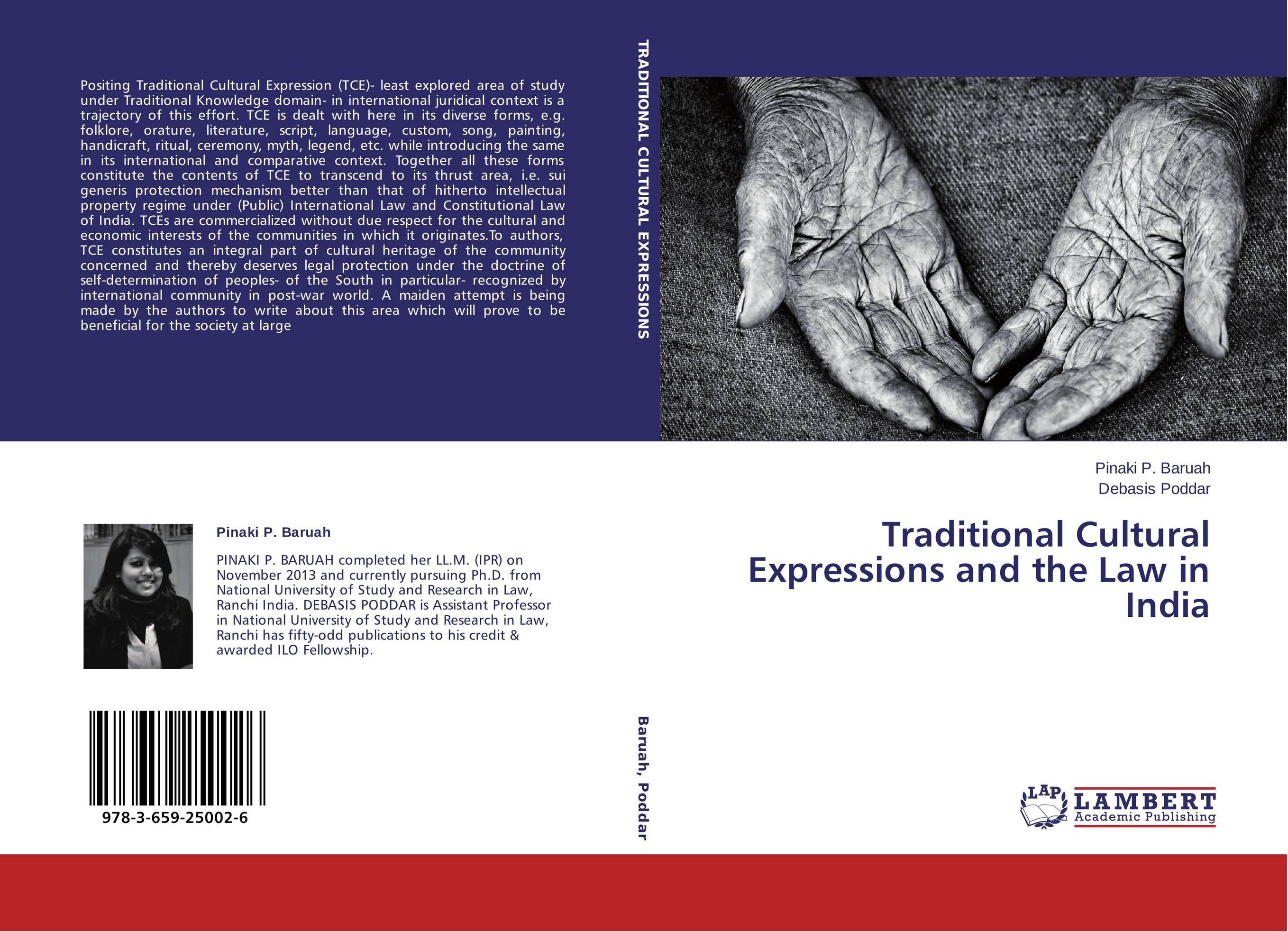| Поиск по каталогу |
|
(строгое соответствие)
|
- Профессиональная
- Научно-популярная
- Художественная
- Публицистика
- Детская
- Искусство
- Хобби, семья, дом
- Спорт
- Путеводители
- Блокноты, тетради, открытки
Traditional Cultural Expressions and the Law in India.

В наличии
| Местонахождение: Алматы | Состояние экземпляра: новый |

Бумажная
версия
версия
Автор: Pinaki P. Baruah and Debasis Poddar
ISBN: 9783659250026
Год издания: 2014
Формат книги: 60×90/16 (145×215 мм)
Количество страниц: 132
Издательство: LAP LAMBERT Academic Publishing
Цена: 36414 тг
Положить в корзину
| Способы доставки в город Алматы * комплектация (срок до отгрузки) не более 2 рабочих дней |
| Самовывоз из города Алматы (пункты самовывоза партнёра CDEK) |
| Курьерская доставка CDEK из города Москва |
| Доставка Почтой России из города Москва |
Аннотация: Positing Traditional Cultural Expression (TCE)- least explored area of study under Traditional Knowledge domain- in international juridical context is a trajectory of this effort. TCE is dealt with here in its diverse forms, e.g. folklore, orature, literature, script, language, custom, song, painting, handicraft, ritual, ceremony, myth, legend, etc. while introducing the same in its international and comparative context. Together all these forms constitute the contents of TCE to transcend to its thrust area, i.e. sui generis protection mechanism better than that of hitherto intellectual property regime under (Public) International Law and Constitutional Law of India. TCEs are commercialized without due respect for the cultural and economic interests of the communities in which it originates.To authors, TCE constitutes an integral part of cultural heritage of the community concerned and thereby deserves legal protection under the doctrine of self-determination of peoples- of the South in particular- recognized by international community in post-war world. A maiden attempt is being made by the authors to write about this area which will prove to be beneficial for the society at large
Ключевые слова: Customary Law, Sui generis, Customary Law, Sui generis, Misappropriation, Traditional Cultural Expressions, Intellectual Property Regimes



